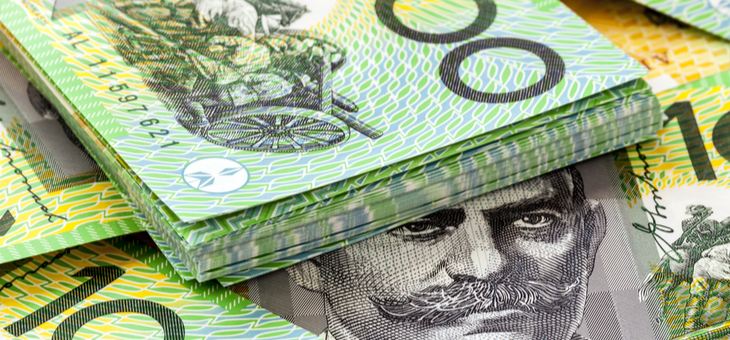What’s the ‘rule’ about keeping some funds readily accessible for emergencies, such as the COVID-19 pandemic? Personal finance specialist Noel Whittaker offers Peg some guidance.
•••
Q. Peg
What is your recommended amount, percentage wise, to keep in cash in case of a serious downturn in the economy, such as the one we are experiencing? I have heard that three years’ worth of living expenses is a suitable amount. Do you agree?
A. Three years is a good number for most people, but of course, it also depends on your goals, your risk profile and the size of your portfolio.
For example, if you have a large portfolio of quality shares and they are providing enough income to live on – as they normally would in more stable times – you could keep less in cash because you could depend on the dividend stream from that portfolio. Unfortuntely, as shown by the decisions on dividends made in recent weeks by the big banks, these are not normal times.
As always, you should take advice that is personally geared to your needs, but a major factor in your decision to keep cash available, is how much you have in super and the extent of your other assets. Remember, the main purpose of having money in super is to save tax and if you have reached pensionable age and your total financial assets are, say $100,000, which includes $80,000 in super, you are probably better off to exit the super system and invest in your name.
It is a different matter if you have substantial assets outside super that take your income to a level where you are paying tax at a higher rate than the 15 per cent tax payable inside your super fund.
Remember that your main choices once your super preservation age is reached – and as I explained in my book, Superannuation Made Simple – are to:
- Exit your superannuation fund, pay lump sum tax if applicable and invest elsewhere. Most people don’t do this because it’s financially unwise. What’s the point in withdrawing money from the low tax superannuation system where income tax is just 15 per cent and capital gains tax is just 10 per cent, and investing it outside the system where you are faced with paying income tax at normal (higher) rates?
- Use all or some of the money to buy an annuity.
- Defer lump sum tax by rolling all or part of the money into an account-based pension fund and starting a pension from that fund.
- A combination of the above, or
- Leave the money in superannuation.
Do you have a question you’d like Noel to tackle? Email us at [email protected]
Noel Whittaker is the author of Superannuation Made Simple and numerous other books on personal finance. His advice is general in nature, and readers should seek their own professional advice before making any financial decisions.
If you enjoy our content, don’t keep it to yourself. Share our free eNews with your friends and encourage them to sign up.
Related articles:
Should Judy trust her adviser?
Borrow or dig up the super?
Beware the death tax

